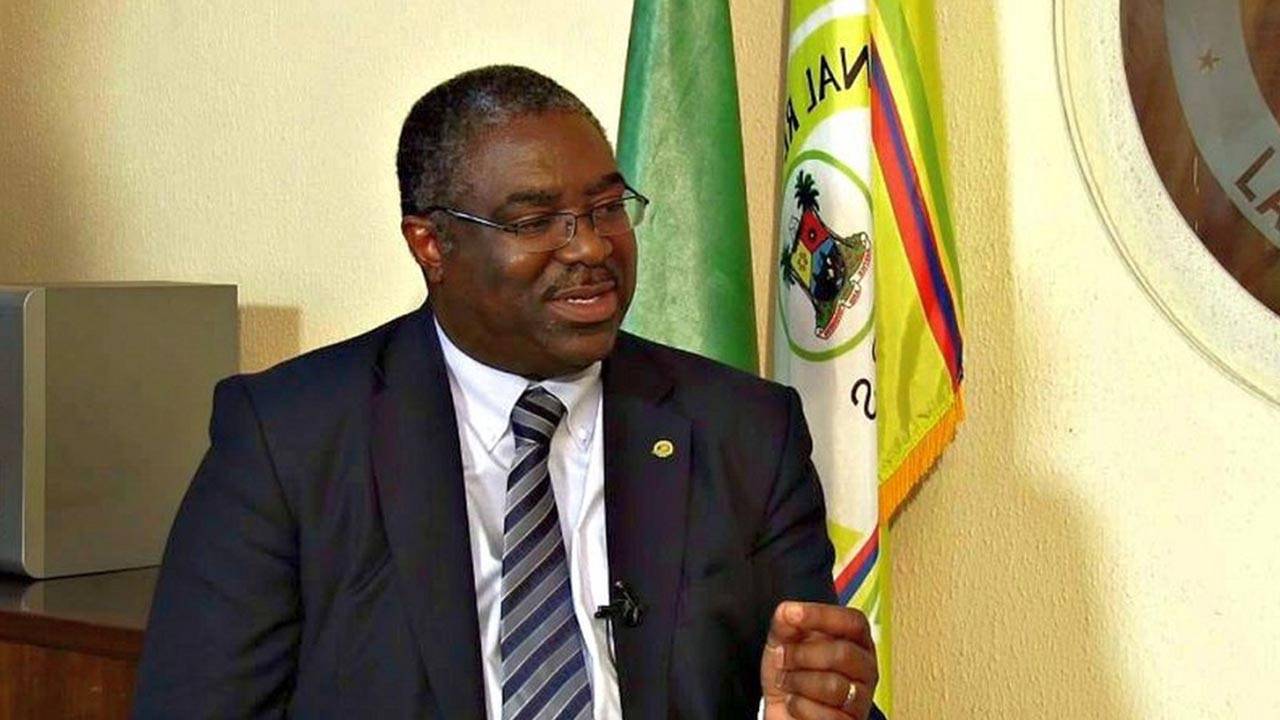Nigeria’s Tax Chief Has An Interesting Take On The 9% Communication Tax & Most People Won’t Like It

On the sidelines of the ongoing 25th Nigerian Economic Summit Group (NESG) which kicked off in Abuja yesterday, Nigeria’s tax chief, Babatunde Fowler, made some interesting comments about the communication service tax proposed by the Nigerian Senate last week.
It would be recalled that the Senate had a proposed a 9 percent tax to be levied on services like calls, SMS/MMS, internet subscription, and Cable TV, after kicking against a VAT hike that had been earlier proposed by the Nigerian government.
The proposed communication service tax hasn’t gone down well with many Nigerians who have described as both “ill-willed” and “ignorant.” But it appears the country’s tax chief — that’s Chairman of the Federal Inland Revenue Service (FIRS), Babatunde Fowler — is not concerned about the complaints.
While addressing the media on the sidelines of ongoing event at Transcorp Hilton, Abuja, Fowler did not only suggest that there was no harm in introducing the tax.
The Cable reports that the FIRS Chief also went ahead to berate Nigerians for reacting negatively to the decision of the Senate, saying they talk too much on the phone and should be able to afford the tax if they can afford that much phone time.
“I will put it this way, Nigerians talk a lot on the phone; they even talk more than is required, so for them to have capacity or revenue to talk that much, I don’t see any harm in paying a little bit more to government,” he said.
“We compare ourselves to developing countries but Ghana introduced a 2 percent education tax and used it to fund their universities and that is why Nigerians are now going to university in Ghana. They didn’t look for aid, they did it by themselves.”
Fowler also talked about the decision of the FIRS to introduce a 5 percent VAT on all online purchases, besides the separate matter of the proposed 2.2 percent increase in VAT on certain goods and services.
He said instructions had been given to banks to charge 5 percent VAT and remit it to the revenue service for people that make use of online facilities.
He said: “By the VAT Act, the Minister has the right to change the rate but this government, I believe wants to carry every stakeholder along including those in the house and explain to them that this increase is for the benefit of all Nigerians.
“And it will only apply to what I call privileged items like buying a car or lunch in an expensive restaurant. The money will help the state look after the needy among us,” he added.
Featured Image Courtesy: Economic Confidential